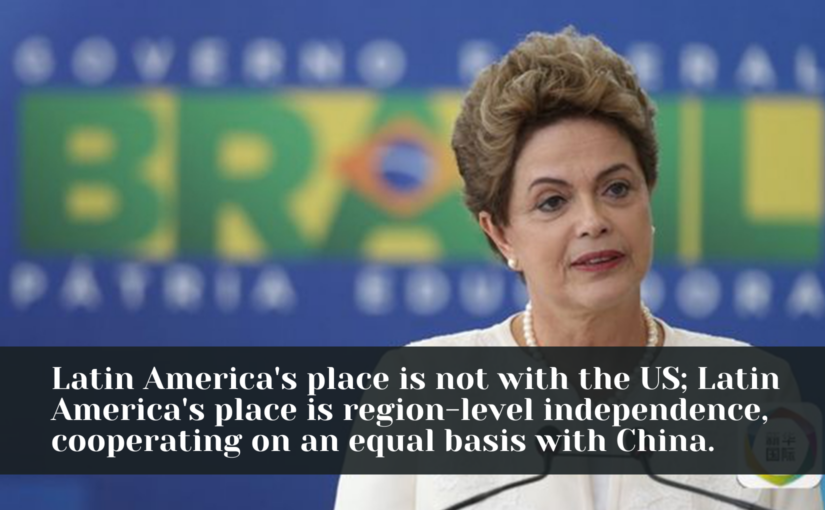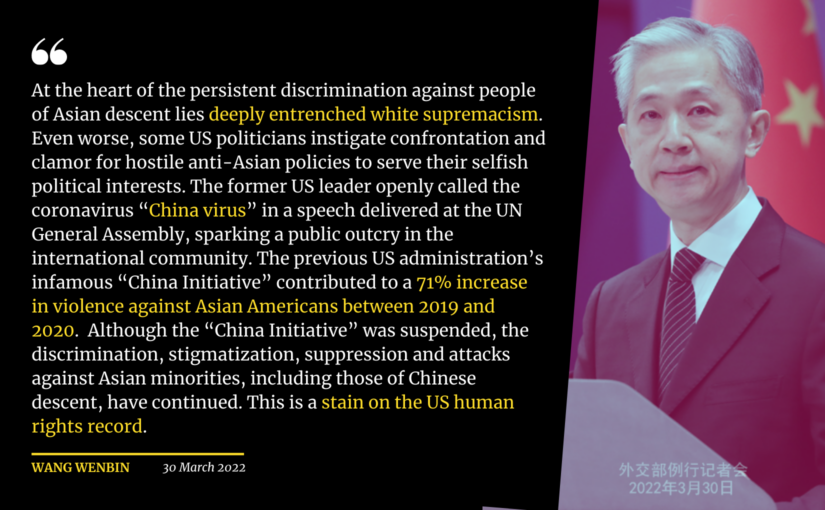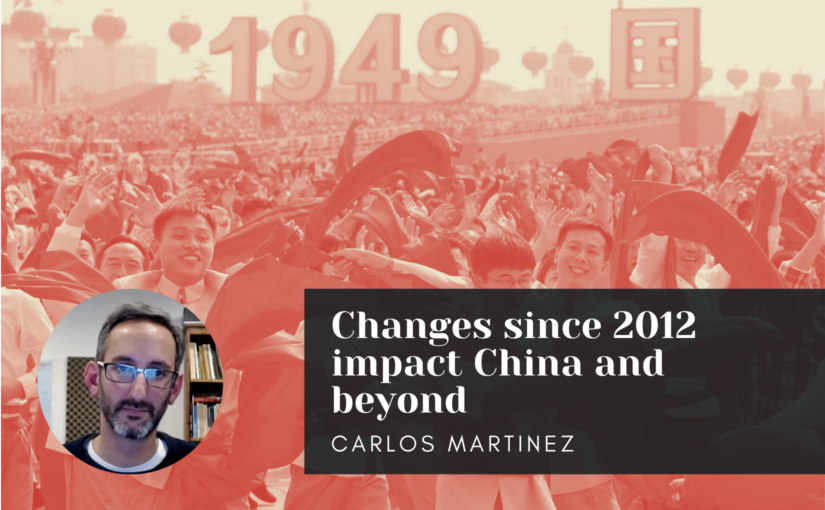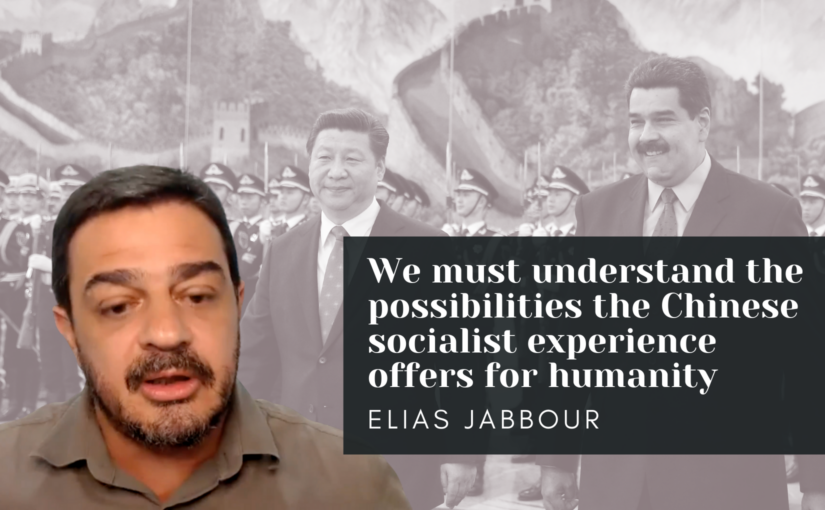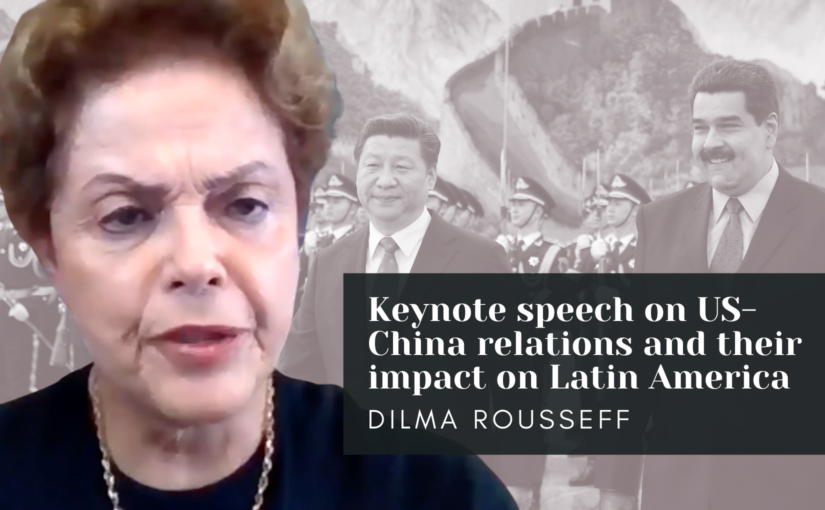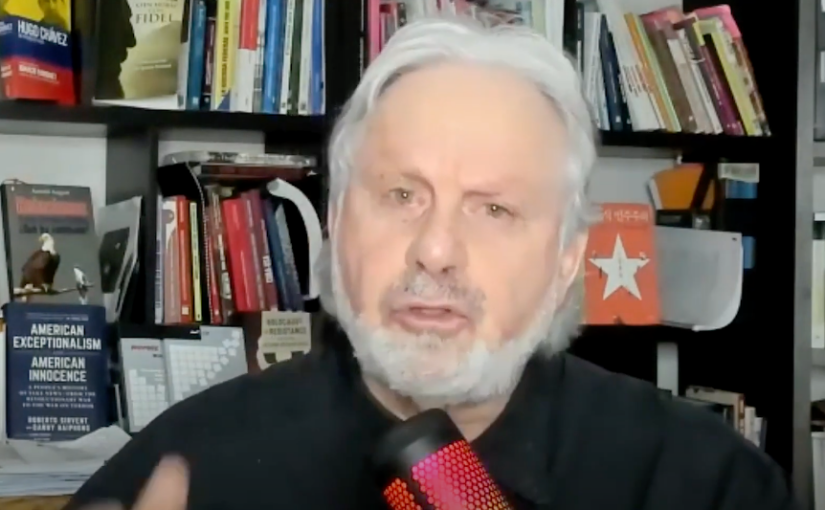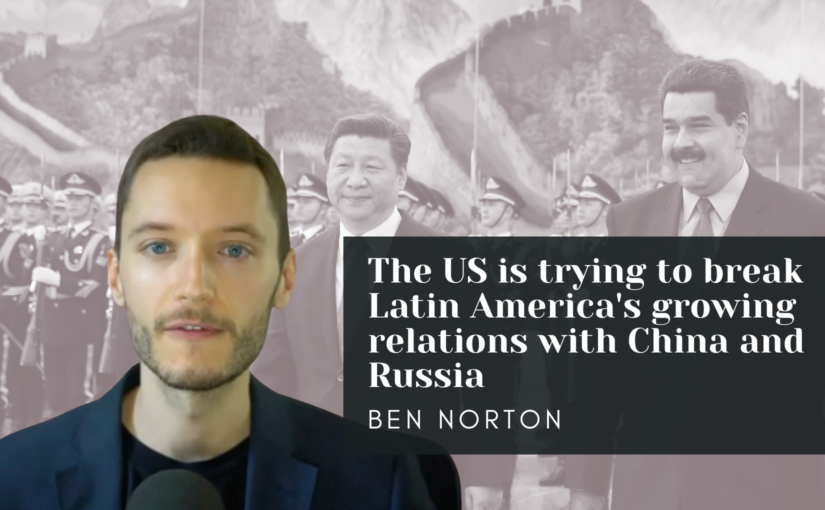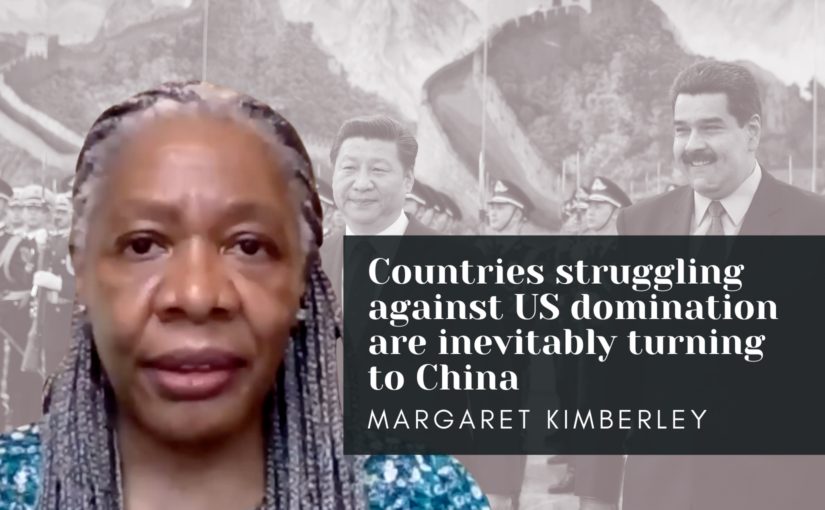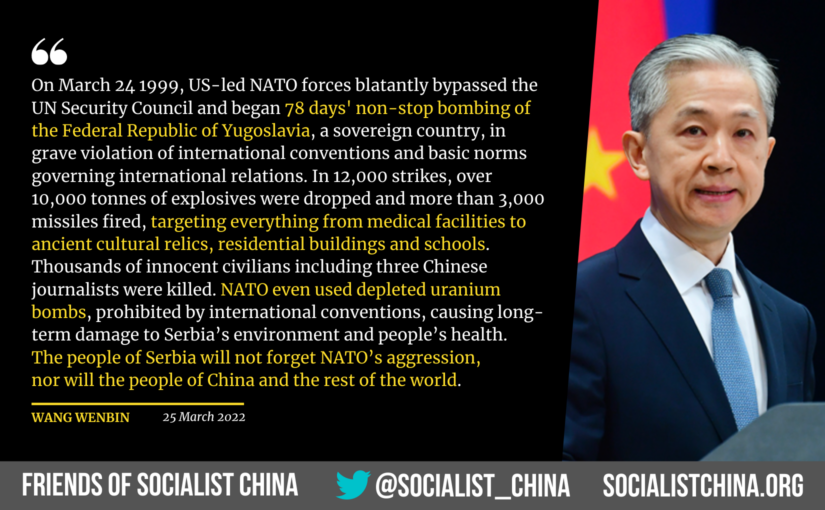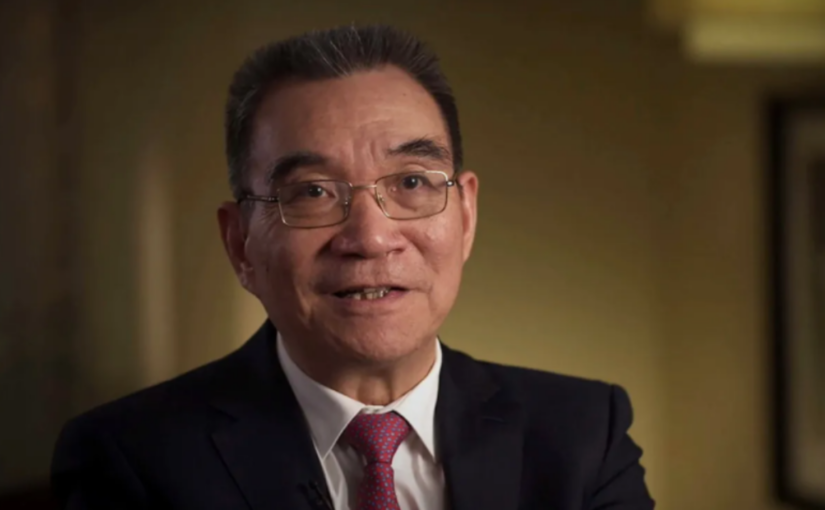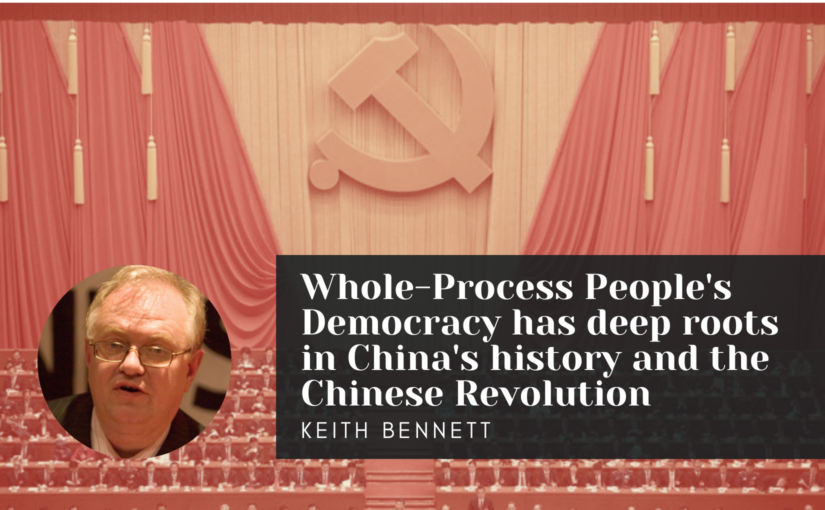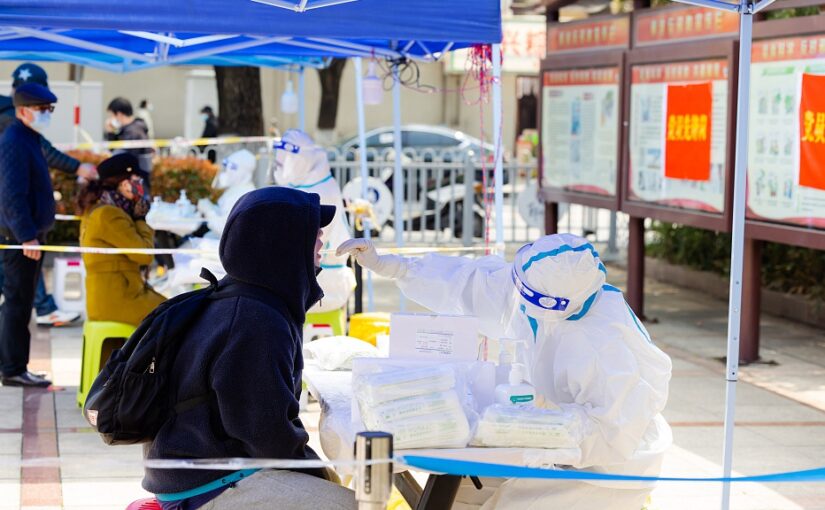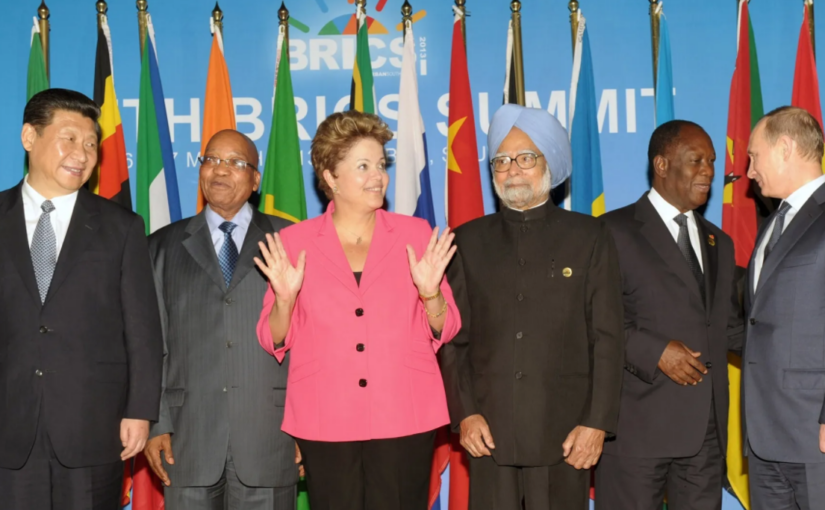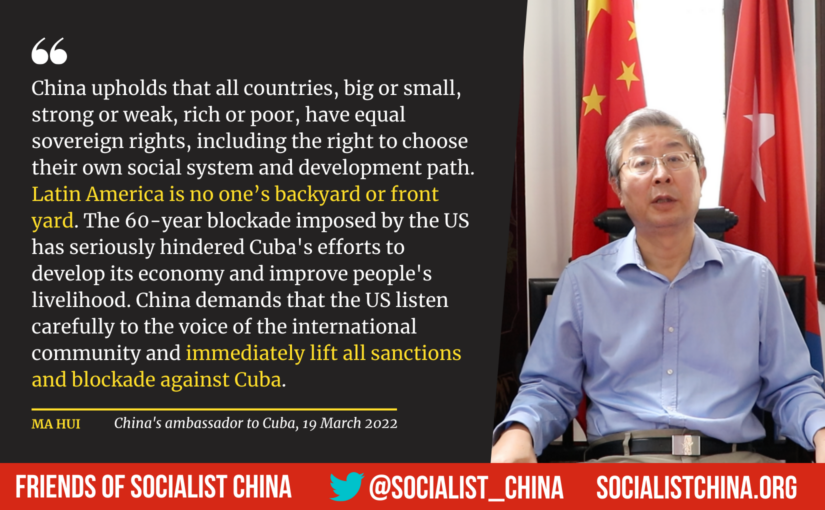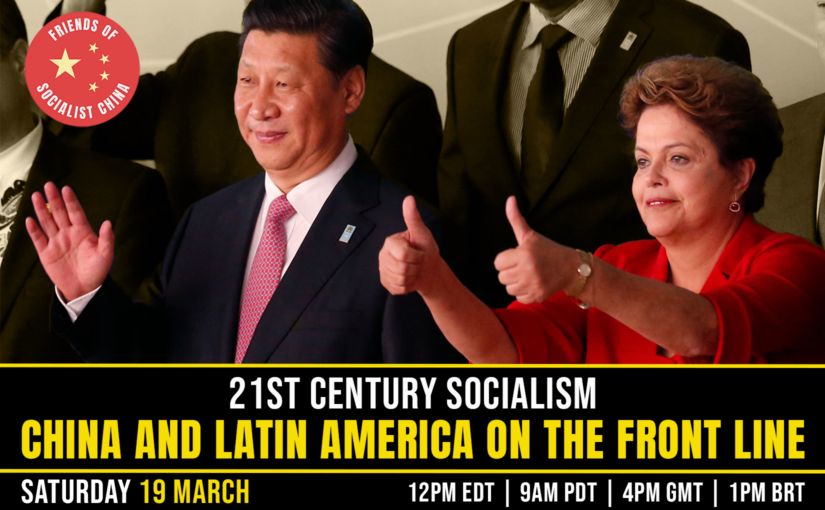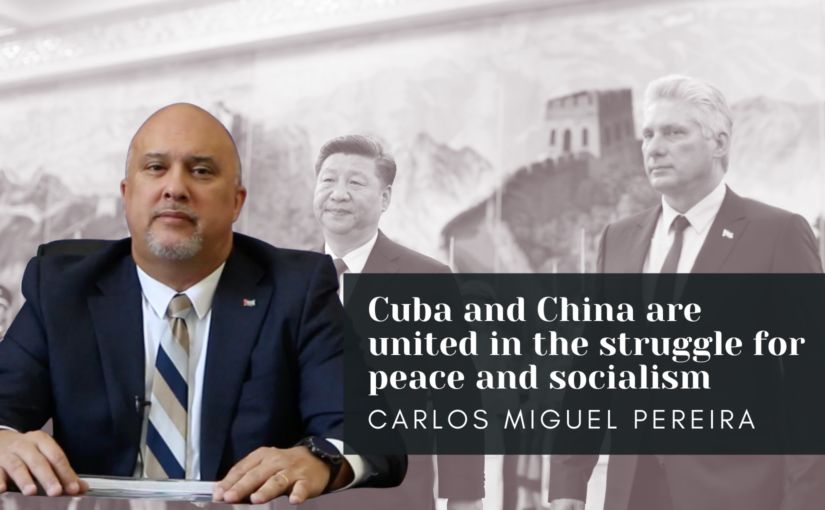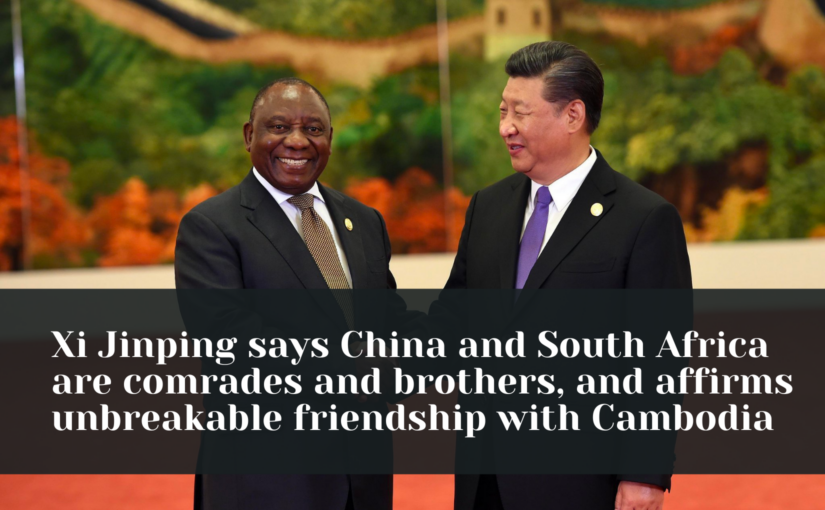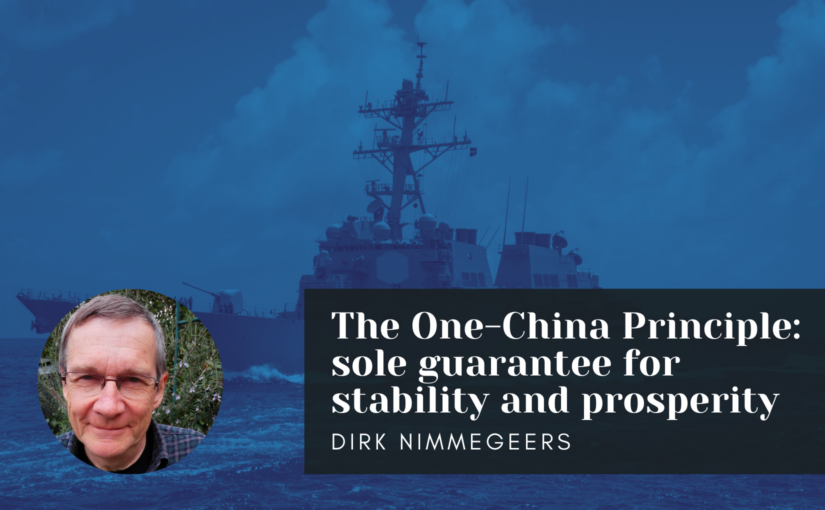We reproduce below an important statement made by Chinese Foreign Ministry Spokesperson Wang Wenbin in his March 30th press conference, responding to a question from a Beijing Daily correspondent, who noted that 75% of Asian seniors in New York City are afraid to leave their homes due to the threat of anti-Asian violence. Wang outlines the contributions made by the Asian communities to US economy and society. Despite this, he notes, they still face systemic racial discrimination. This is due to deep-seated white supremacism, which is still stirred by US politicians. According to Wang, the US needs to give up being a textbook example of double standards of human rights.
I have seen relevant reports and am concerned about the discrimination against Asian Americans and hate crimes in the US.
Ethnic minorities of Asian descent have made important contributions to the economic and social development in the US. For example, it is reported that Chinese Americans contributed over $300 billion to US GDP in 2019 through consumer spending, supporting 3 million jobs. As of 2017, there are over 160,000 Chinese American-owned businesses in the US, generating approximately $240 billion in revenue and supporting 1.3 million jobs. Chinese Americans have also made important contributions to public health and social welfare in the US through active involvement in non-profits, volunteering and philanthropy. Since March 2020, more than 690 Chinese American grassroots organizations have raised over $18 million and delivered millions of items of personal protective equipment (PPE) and meals to agencies in the fight against the COVID-19 pandemic. However, such hard work and important contributions brought them no respect or protection they so richly deserve, but unabated discrimination and injustice. After COVID-19 broke out, several doctors of Asian descent said that the patients are more afraid of them than the virus. On March 16 last year, a shooting spree in Atlanta targeting women of Asian descent have resulted in the death of six Asian female. The case later triggered fear and anger among Asian Americans nationwide as the US law-enforcement authorities refused to label it as an incident of hate crime. A report published by the Center for the Study of Hate and Extremism at California State University San Bernardino revealed that anti-Asian hate crime increased by 339% in 2021 compared to the year before. Besides hate crime, Asian Americans are also subjected to various discrimination in employment, education, income, social welfare and cultural rights. According to a recent study published in the Journal of the American Board of Family Medicine, only 54% of Asian American older adults surveyed said they were satisfied with their lives, significantly lower than respondents of other races and ethnicities.
It takes more than one cold day for the river to freeze three feet deep. At the heart of the persistent discrimination and xenophobic words and deeds against people of Asian descent lies the deeply entrenched white supremacism. Even worse, some US politicians instigate antagonism and confrontation and clamor for hostile anti-Asian policies to serve their selfish political interests, only to make things more difficult for Asian Americans. Former US leader openly called the coronavirus as “China virus” in a speech delivered at the UN General Assembly, sparking a public outcry in the international community. Six Republican congressmen in the US, who are also veteran anti-China politicians, voted against an anti-Asian hate crime bill. They even openly stigmatize and attack people of Asian descent by associating the coronavirus with them. The previous US administration’s infamous “China Initiative” fueled racial discrimination against Asians, especially Chinese Americans, and contributed to a 71% increase in violence against Asian Americans between 2019 and 2020.
Although the “China Initiative” was suspended at request, the discrimination, stigmatization, suppression and attacks against Asian minorities, including those of Chinese descent, have continued. This is a stain on the US human rights record, an irony to the US’ reputation as melting pot of ethnic groups, and an affront to the US value of “freedom and equality”. UN Special Rapporteur Fernand de Varennes said the US human rights system is leading to growing inequality. Stephen Walt, a professor at Harvard University, said “Americans must first fix what has gone wrong at home and rethink how they deal with the rest of the world.” At the 48th session of the United Nations Human Rights Council, many countries blasted the United States for being the “biggest destroyer” of human rights in the world and urged the country to address its own severe human rights violations. We urge the US government to heed these appeals from the international community and stop being a textbook example of double standard of human rights.

